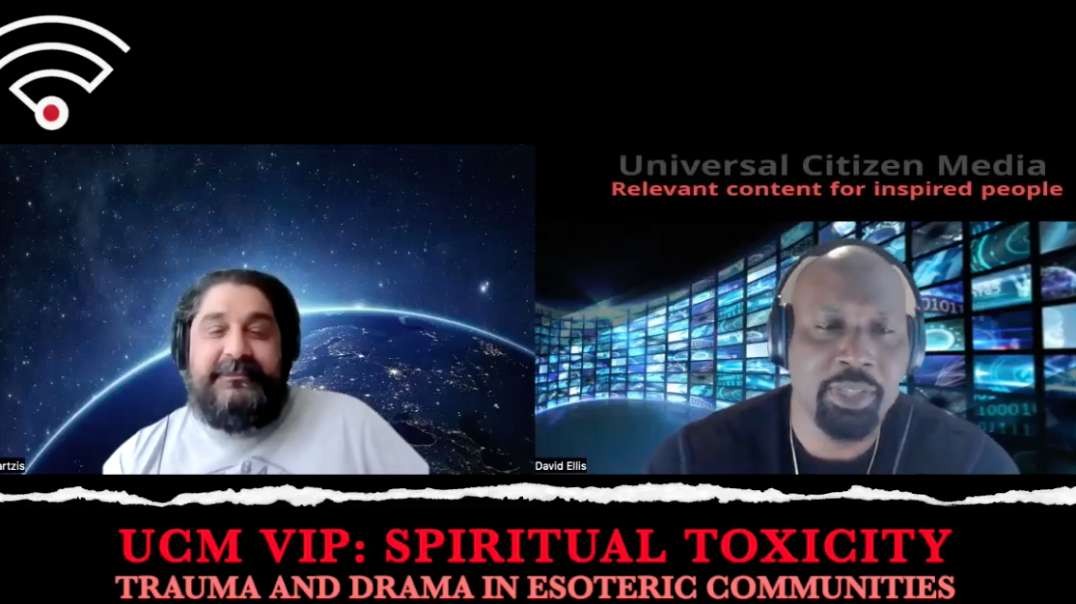The Neuroscience of Trauma and Addiction
Sponsored by TherapyNotes com Manage your practice securely and efficiently Two free months of TherapyNotes with coupon code CEU CEUs are available for this presentation at a https 3A 2F 2Fallceus com 2Fcounselortoolbox a Want to listen to it as a podcast instead Subscribe to Counselor Toolbox Podcast a https 3A 2F 2Fpod link 2F1120947649 a Please SUBSCRIBE and click the BELL to be notified when we release new videos and when Dr Dawn Elise Snipes is going live each month Access additional benefits by JOINING here a https 3A 2F 2Fwww youtube com 2Fchannel 2FUCAE3JJi8tX7gfhZEXCUGd A 2Fjoin a Objectives Define and explain the HPA-Axis Identify the impact of trauma on the HPA Axis Identify the impact of chronic stress cumulative trauma and addiction on the HPA-Axis Identify symptoms of HPA-Axis dysfunction HPA-Axis Dysfunction The body reduces its HPA axis activation when it appears that further fight flight may not be beneficial Hypocortisolism In addiction this is often part of tolerance Hypocortisolism seen in stress-related disorders such as CFS burnout and PTSD is actually a protective mechanism designed to conserve energy during threats that are beyond the organism's ability to cope Dysfunctional HPA axis activation will result in Abnormal immune system activation Increased inflammation and allergic reactions IBS symptoms such as constipation and diarrhea Reduced tolerance to physical and mental stresses including pain Altered levels of sex hormones Low Cortisol and PTSD Low cortisol has been found to relate to more severe PTSD hyperarousal symptoms Glucocorticoids interfere with the retrieval of traumatic memories an effect that may Independently prevent or reduce symptoms of PTSD Or contribute to difficulty treating PTSD Core neurochemical features of PTSD include abnormal regulation of catecholamine serotonin glutamate amino acid peptide and opioid neurotransmitters each of which is found in brain circuits that regulate integrate stress and fear responses Serotonin 5HT Poor serotonin transmission may cause impulsivity hostility aggression depression and suicidally GABA has profound anxiolytic effects in part by inhibiting the CRH NE circuits May indicate the usefulness of emotion regulation and distress tolerance skills due to potential emotional dysregulation We need to reduce excitotoxicity in order to reduce distress improve stress tolerance and enable the acquisition of new skills The NMDA receptor system has been implicated in synaptic plasticity as well as learning and memory Glutamate binds to NMDA receptors High levels of glutamate are secreted during high levels of stress Overexposure of neurons to glutamate is known to be excitotoxic and may contribute to the loss of neurons in the hippocampus of patients with PTSD Elevated glucocorticoids Cortisol increase the sensitivity of NMDA receptors rendering the brain more vulnerable to excitoxic insults at times of stress It may take clients with brain damage from PTSD or addiction more time to master new skills If the brain becomes excitotoxic during stress inhibiting learning and memory then exposure therapies may also be dangerous Early adverse experience has profound and long-lasting effects on the development of neurobiological systems thereby programming subsequent stress reactivity and vulnerability to develop PTSD The impact of addictive behaviors on the adolescent brain is exaggerated in comparison to that of adults trauma neuroscience addiction AllCEUs courses for counselor continuing education are accepted in most states because we are an approved education provider for NAADAC the States of Florida and Texas Boards of Social Work and Mental Health Professional Counseling the California Consortium for Addiction Professionals and Professions the Australian Counselling AssociationCRCC Canadian Counselling and Psychotherapy Association and more Dr Dawn Elise Snipes provides training through AllCEUs com that are helpful for LPC CEUs LMHC CEUs LCPC CEUs LSW CEUs LCSW CEUs LMFTCEUs CRC CEUs LADC CEUs CADC CEUs MAC CEUs MCAP CEUs NCC CEUS LCDC CEUs CPRS CEUs CTRS CEUs and HPCSA ACA NBCC counsellors needing counselling continuing education counseling continuing education ceus for social workers social work ceus addiction counselor training counseling ceus continuing education training NCMHCE addiction treatment addiction recover y mental health anxiety relief depression motivation mental health awareness addiction awareness and integrated behavioral health approaches to treatment CEbroker CE broker cebroker lpc ceus lmhc ceus lcsw ceus mental health mental illness
-
Select a category






















There no comments on your videos ATM